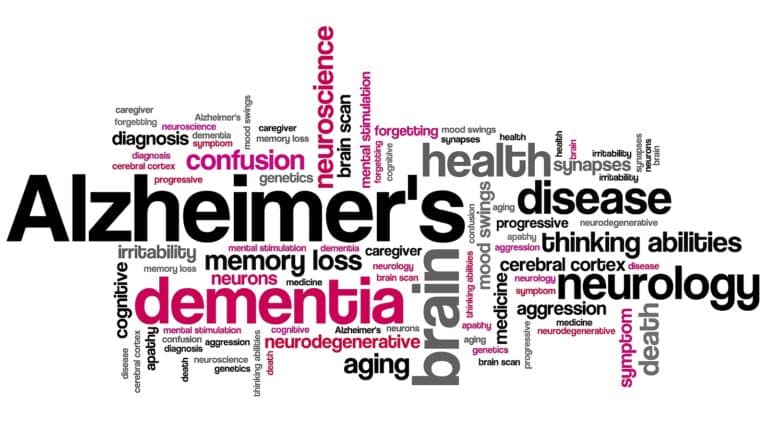Every Alzheimer’s patient is unique. Some wander, but others don’t. Some fly into a rage without any forewarning, but others remain calm and loving throughout. Some will live 10 to 20 years with the disease, while others have a much shorter lifespan.
You’ve decided to be your mom’s primary family caregiver. It’s a loving act, but it’s also stressful. Make sure you understand how the disease progresses and build a care plan that allows you to address your needs, too.
Early-Stage

In the early stages of Alzheimer’s disease, your mom can do most things on her own. The difficulties she faces are minimal and usually include having difficulty remembering names, losing items, and struggling with planning and organizing.
At this point, caregivers may be helpful when it comes to scheduling appointments, keeping appointments, and organizing things in the home. Beyond that, your mom won’t need a lot of help with daily activities.
Middle-Stage
The need for daily care increases in the middle stages of Alzheimer’s. Your mom will find it harder to find the right word. She may start lashing out in frustration. She won’t always remember where she lives, and she’s unlikely to know what day it is.
At this point, caregivers are helpful in many ways. Your mom may be able to dress herself, but she won’t choose appropriate outfits for the weather. It could be snowing outside, and she puts on a t-shirt and pajama pants to go for a walk. In the middle of a heatwave, she’s dressing in jeans and a heavy sweater.
Caregivers can also help with meal preparation, which lowers the risk of your mom forgetting something in the oven and starting a fire. She cannot drive and will need someone to drive her to appointments.
Your mom’s sleep patterns may be disrupted. She’s not sleeping more than a few hours, and you can’t get enough sleep as she’s always trying to get outside. This is where you should start to consider 24-hour home care services to ensure you’re able to get enough sleep.
Late Stage
In the final stages of Alzheimer’s, your mom needs extensive care. She cannot bathe independently. Control of her bowels and bladder may decrease. She can’t walk on her own and may require a wheelchair. When she talks, it may be incoherent and not make any sense.
It’s not unusual for your mom to stay in bed for most of the day. She may not want to eat. If she is hungry, she’ll have a hard time with hand-to-mouth coordination and need someone to feed her.
Offer the help your mom needs, but make sure you care for yourself, too. Hire 24-hour home care aides to help during the night while you sleep. If you work, you’ll need to have caregivers available when you’re sleeping or at work. Call an agency and talk to an expert in 24-hour home care to make arrangements.
If you or an aging loved one are considering hiring 24-Hour Home Care in Greer, SC, contact Heart of the Carolinas Home Care at 864-991-3116. Providing Home Care Services in Greenville, Simpsonville, Greer, Anderson, Spartanburg, Mauldin, Seneca, Laurens, Charleston, Columbia and the surrounding areas.
- Is it Possible to Prevent Family Caregiver Burnout? - April 25, 2025
- Home Care Assistance Helps Seniors After A Fall - April 9, 2025
- How Home Care Supports Seniors Who Are Hard of Hearing - March 28, 2025

